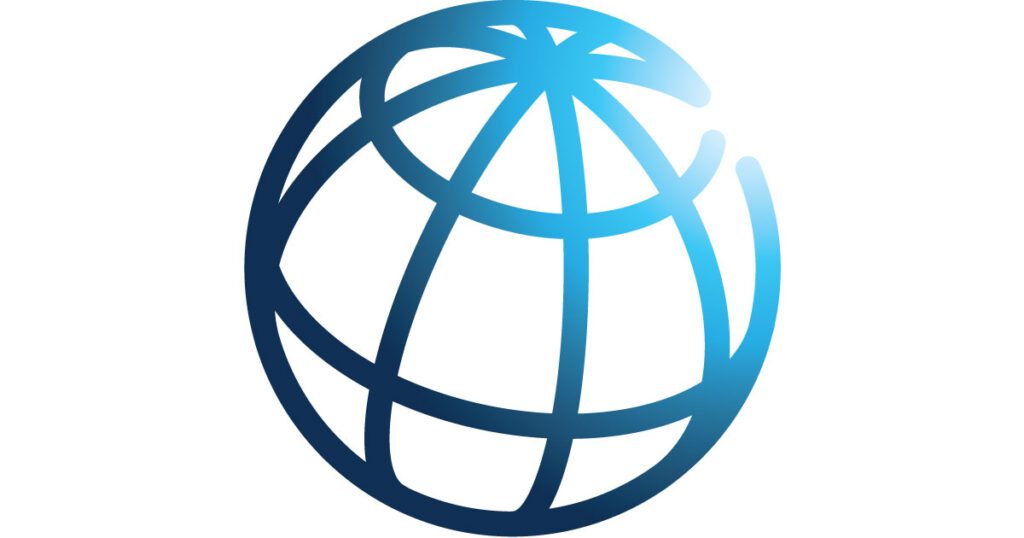At the Spring Meetings’ Human Capital Ministerial Meeting, leading experts in digital technology and artificial intelligence, as well as finance ministers from the World Bank’s Human Capital Network, highlighted how technology can help countries build, leverage and protect their human capital.
Our 95-country network is a unique global effort to accelerate investment in talent.
The event kicked off with a discussion between Axel van Trotsenburg, Senior Managing Director for Development Policy and Partnerships at the World Bank, Jeff Majoncalda, CEO of online learning platform Coursera, and Nandan Nilekani, Co-founder and Chairman of the Board of Infosys.
Speakers focused on fundamental infrastructure and skills, starting with basic literacy and arithmetic, to access to electricity and technology, to make the most of training and employment in the digital economy.
Axel van Trotsenburg, World Bank Senior Managing Director for Development Policy and Partnerships, Jeff Majoncalda, CEO of online learning platform Coursera, and Nandan Nilekani, co-founder and chairman of Infosys, discussed the importance of basic infrastructure and skills and how they can improve service delivery and opportunity. Photo by Ian Falk/World Bank
Van Trotsenburg noted that digital tools give a “fighting chance” to those who might otherwise be left behind. He stressed the global nature of talent and stressed that opportunities should be determined by skills, not geography.
Nilekani noted that literacy is the foundation for leveraging technology and fostering a continuous learning mindset. He emphasized that while technology cannot replace human abilities such as empathy, guidance, mentoring, and collaboration, it can help deliver services for human capital, such as India’s Aadhaar digital ID to expand financial inclusion and social protection. The potential of this application is also supported by Morocco, which is using similar technology to deliver social services, demonstrating the power of international collaboration.
Majoncalda emphasized that with a strong human capital base, people can learn from anywhere while leveraging AI to increase productivity and opportunity. “Talent is global and not bound by borders. With the drive, skills and work ethic, more people can have meaningful economic opportunity without the need to travel.” He noted that AI has reduced the cost of translating Coursera courses from $10,000 to $20, making content more accessible.
Mamta Murthy, World Bank Vice President for Human Development, highlighted how technology can help create a healthier, better-educated future. She stressed that human connection remains key in early childhood education. Photo by Ian Falk/World Bank



